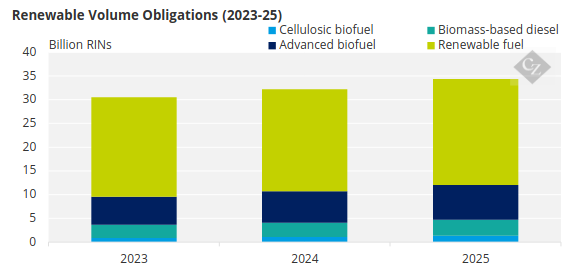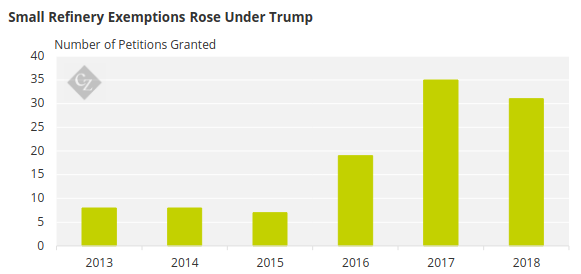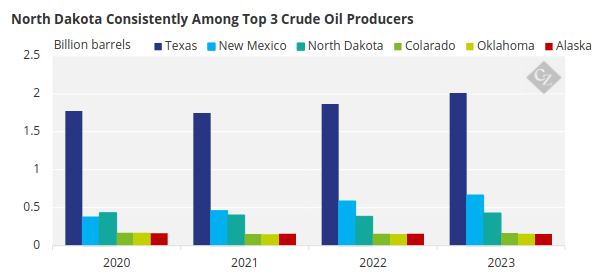Insight Focus
Ethanol faces significant change under Trump’s second term. Reduced RVO targets and small refinery exemptions could reduce biofuel demand. Key appointments like Burgum and Wright signal stronger oil industry support.
Uncertainty for Biofuels Sector Under Trump
From curious choices for department heads to alterations in biofuels mandates, change is certainly coming to the ethanol industry with the election of Donald J. Trump to a second term as US president.

While ethanol producers congratulated Trump on his decisive election victory, others in the industry voiced concern over how possible changes will challenge their business in the days and months ahead.
Industry analyst Chris Hairel of Argus Media said Trump’s election is likely to be bad news on several fronts for the US biofuels sector. He said there are a few key biofuel policy issues that could be affected by the Trump administration.
A key question arises regarding the EPA’s Renewable Volume Obligation (RVO) targets for 2025 and 2027. The RVO determines the national requirements for ethanol, biodiesel and renewable diesel production and consumption.
The mandates for 2023-2025, set under the Biden administration, fell short of industry expectations, leaving the biofuels sector disappointed. Expectations are that these mandates could be further reduced under a Trump administration.

Source: EPA
Another key issue will be the small refinery exemptions that became popular under the previous Trump administration, which exempted certain refineries from complying with the RVO.
These exemptions eliminated about 20% of the national RVO requirement, reducing demand for biofuels and driving down Renewable Identification Number (RIN) values.

Source: EIA
“If Trump were to bring back the small refinery exemption, we would expect that to depress RIN prices going forward,” said Hairel.
Trump Fills Key Roles with Energy Allies
Oil and gas interests were among the major donors to Trump’s two presidential campaigns. His “drill baby drill” mantra resonates with major energy producers. It is no surprise that Trump turns to oil-friendly supporters when filling key administration positions.
Not surprisingly, Trump has nominated North Dakota Governor Doug Burgum as Interior Secretary. The Republican and longtime Trump loyalist would oversee a sprawling department of approximately 70,000 employees responsible for managing the nation’s public lands and vast energy resources.
Burgum’s state ranks third in the nation for crude oil production. The appointment highlights Trump’s commitment to expanding drilling access across federal lands.

Source: EIA
The Renewable Fuels Association (RFA) welcomed the news that Burgum, in addition to being named as Interior Secretary, will chair the new National Energy Council, believing he understands the importance of an all-of-the-above energy strategy that includes renewable fuels, carbon capture and sequestration, and other innovative approaches.
Another oil and gas friendly appointment has Chris Wright, head of fracking company Liberty Energy, heading the Department of Energy. Trump said that Wright, a sceptic of mainstream climate science, is “one of the pioneers who helped launch the American shale revolution.”
Trump’s nominated appointees are subject to approval by the US Senate. As Republicans hold a slim Senate majority, Democrats may have difficulty blocking any of the nominees without some help from their colleagues across the aisle.












